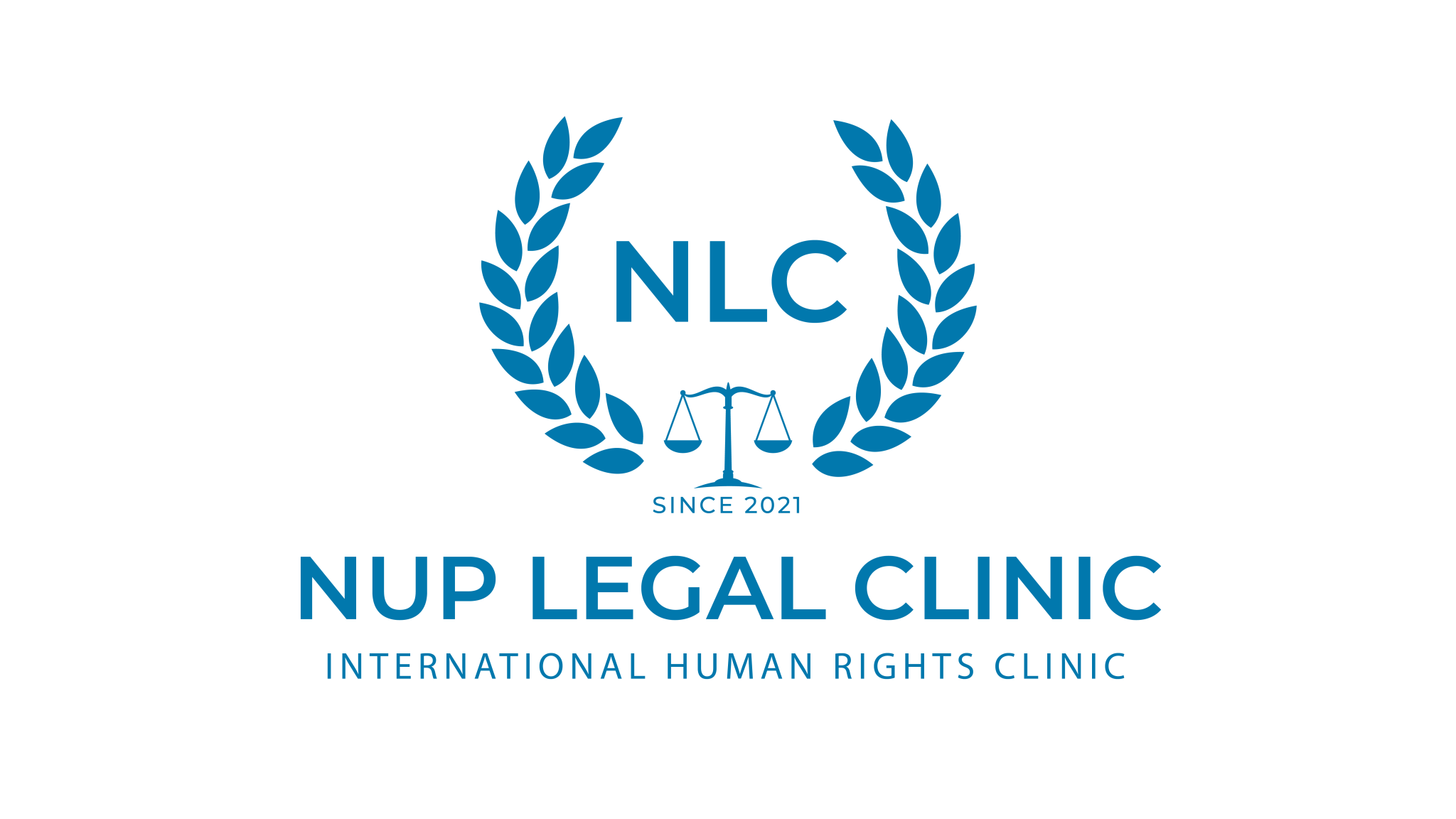| The Legal Clinic of the Law School at Neapolis University Pafos represents a pioneering initiative in the Cypriot academic landscape, offering an extracurricular yet academically rigorous opportunity for undergraduate law students.
Established on a pilot basis in October 2021, the Clinic has since engaged in specialized legal research and analysis, focusing primarily on cases involving the defense of Greek Cypriots in human rights violation claims before the European Court of Human Rights (ECtHR) in Strasbourg. It also addresses broader issues related to Public International Law and Human Rights |
 |
The Legal Clinic is staffed by a team of 15 law students from the Law School of Neapolis University Pafos and is overseen by Associate Professor of International Law, Mr. Thomas-Nektarios Papanastasiou, who is responsible for its overall coordination and academic supervision.
The Clinic operates in close partnership with the law firm Lellos P. Demetriades Law Office LLC, under a formal Memorandum of Understanding (MoU). The firm is led by lawyer Achilleas Demetriades, a long-standing advocate in the field of human rights.
The Legal Clinic of Neapolis University Pafos serves a dual purpose: it acts as a specialized provider of support in the field of human rights law, delivering services to its partner on real-life legal cases, while also offering a valuable hands-on training platform for selected law students. Through their participation, students gain in-depth exposure to Public International Law and the protection of human rights, enhancing both their academic development and professional readiness.
The recent ruling of the European Court of Human Rights in the case K.V. Mediterranean Tours Ltd v. Turkey, concerning the violation of property rights of a Greek Cypriot company in Varosha, was the focus of discussion on the RIK TV programme “Apo Mera se Mera”, featuring Thomas-Nektarios Papanastasiou, Head of the Legal Clinic at Neapolis University Pafos.
The International Law Legal Clinic of Neapolis University Pafos demonstrated its academic excellence by making a substantial contribution to the case K.V. Mediterranean Tours Ltd v. Turkey before the European Court of Human Rights.
Neapolis University Pafos had the honour of participating as a proud communication sponsor in the 3rd edition of Cyprus Arbitration Day, held on 15–16 May 2025 at the Four Seasons Hotel in Limassol.
Meeting with our Partner at his law firm’s offices in Nicosia in view of the upcoming decision in the case of Ioannidou v. Turkey by the ECtHR.
Successful participation of Neapolis University Pafos in the 2nd International Arbitration Conference, Cyprus Arbitration Day 2024.
Presentation by members of the Legal Clinic on its projects and activities to 2nd-year undergraduate Law students, as part of the “Human Rights Law” course.
The event highlighted shared maritime challenges for Cyprus, Greece, and Japan and emphasized the importance of international cooperation in upholding the principles of the Law of the Sea.
With the moving presence of Ms. Titina Loizidou and her lawyer Mr. Achilleas Demetriades, the School of Law of Neapolis University Pafos hosted an event dedicated to the landmark case Loizidou v. Turkey, highlighting its enduring legal and political significance.
ABSTRACT:
This study aims to highlight, on the one hand, the most significant jurisprudential “achievements” in the long-standing judicial history of Greek Cypriot cases before the European Court of Human Rights (ECtHR), which are confirmed by the Dimopoulos judgment. These include the recognition of Turkey’s extra-territorial jurisdiction and responsibility in Northern Cyprus, consistently and uniformly treating the “TRNC” as a subordinate local administration to Turkey and the Republic of Cyprus as the one and only recognized government on the island. On the other hand, this study seeks to highlight some of the most serious issues in the administration of justice in the occupied territories, such as the unjustifiably long delays in the adjudication of cases before the Immovable Property Commission (IPC) and the inability to provide effective remedies to the applicants. These problems are a significant reason for the ineffective operation of the IPC, making the adherence to the principle of exhaustion of domestic remedies unfit and requiring a reconsideration of the overall effectiveness of the IPC.
ABSTRACT:
According to the European Court of Human Rights (ECtHR), the effectiveness of a domestic remedy is an issue that must be constantly examined in each case. In this context, the present study aims to highlight one of the most serious issues in the administration of justice in the occupied territories: the unjustifiable delays in the adjudication of cases before the Immovable Property Commission (IPC), caused either by repeated adjournments of the proceedings or by the undue delays in responding to the applicants’ claims by the competent authorities representing Turkey.
ABSTRACT:
Although the Dimopoulos judgment gave Turkey a significant procedural advantage by recognizing the application before the Immovable Property Commission as an appropriate and legal remedy under Turkish law, the issue of the effectiveness of domestic remedies remains an issue that must be constantly examined in each case. In this context, the aim of the present study is to highlight two issues that are closely related to the effectiveness of the administration of justice in occupied Cyprus: the monitoring of Turkey’s compliance with the judgments of the European Court of Human Rights (ECtHR), and the evaluation of fair compensation for the victims, insofar as it represents the appropriate measure of remedial justice in cases of internationally wrongful acts.
|
|
For any further information or clarification, please contact the Legal Clinic of Neapolis University Pafos at:
Email: [email protected]
Facebook: NUP Legal Clinic